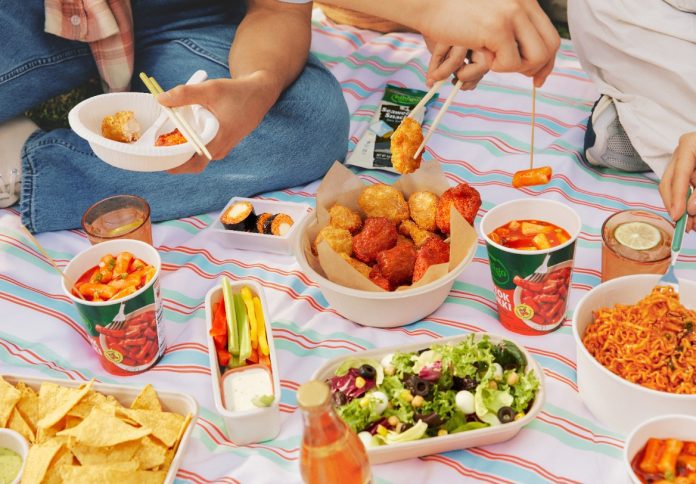
CJ Foods Oceania is ramping up its investment in local manufacturing as Korean food becomes an increasingly mainstream part of the Australian culinary landscape.
Responding to growing consumer demand and a multicultural market, the company is establishing itself not just as a distributor but as a manufacturer rooted in the local food ecosystem.
“When I joined CJ Foods Oceania, I knew we weren’t simply entering a new market, we were entering a richly multicultural, curious, and values-driven society,” said Eugene Cha-Navarro, Managing Director and CEO of CJ Foods Oceania.
“Australia isn’t just a new region on a corporate map; it’s a unique opportunity to localise global tradition, connect meaningfully with communities, and shape the future of food in ways that are both authentic and inclusive.”
With over 138,000 people of Korean background living across Australia and New Zealand, Korean staples such as kimchi and dumplings have moved from niche products in ethnic grocers to regular items on supermarket shelves.
CJ Foods’ decision to manufacture locally reflects its strategy to meet Australian standards while supporting local agriculture and sustainability goals.
“We often say our food is born in Korea and made in Australia, and that’s a reflection of how seriously we take localisation,” said Cha-Navarro. “It’s not just about packaging; it’s about sourcing local ingredients, understanding local tastes, and building relationships with Australian farmers and producers.”
This manufacturing-driven approach has helped the company forge closer ties with Australian growers, ensuring that ingredients like napa cabbage are sourced from states like Victoria and Queensland.
The Oceania arm also serves as a testing ground for product innovation, from new flavours to ready meals, which are trialled in Australia before global expansion.
“What has truly surprised me about Australia is the appetite for exploration,” Cha-Navarro said. “From school playgrounds to the supermarket, Australians are curious about international cuisines and keen to experiment.”
The company’s flagship brand, bibigo, is positioned to become a household name by focusing on quality, flavour, and local relevance.
“We’re not just importing tradition, we’re changing it,” she added. “Australia is the perfect place to test new flavours, categories, and formats, and what we learn here helps shape how we roll out products globally.”
In addition to manufacturing and product development, CJ Foods Oceania is embedding itself in the community through partnerships with independent grocery stores, cultural events, and sporting institutions like the Sydney Swans.
The company supports grassroots initiatives and contributes to humanitarian causes through donations and outreach programs.
“Being part of a market like Australia means contributing to the community, not just selling into it,” said Cha-Navarro. “When we donated bibigo meals to the Caritas team heading to Papua New Guinea, it wasn’t about brand exposure, it was about supporting people through something as simple and meaningful as food.”
As the company grows its manufacturing and product innovation footprint in Australia, Cha-Navarro said strong leadership and emotional intelligence are key.
“I’ve found strength in leading with authenticity. Emotional intelligence is often misunderstood in business, but to me, it’s a strategic asset,” she said. “It helps us build stronger teams, better businesses, and more sustainable outcomes.”
Reflecting on her role, she added: “I work in food and I love what I do. I taste what we make. I feed it to my child. I trust it. That, to me, is the ultimate test of leadership, not just scaling a brand, but standing behind it.”


















